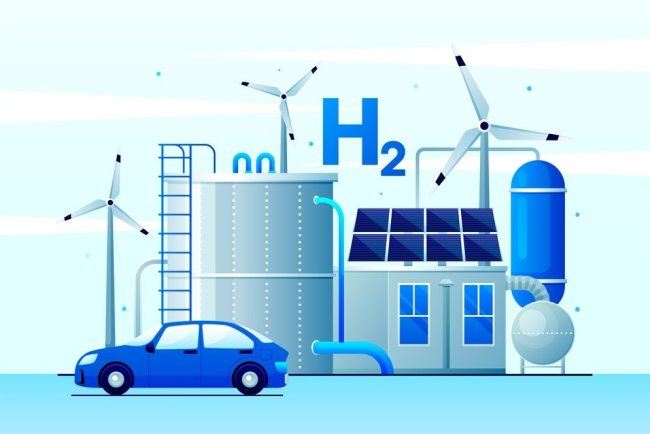Future Factories: How Small-town India Is Quietly Building Green
As India targets 2070 for attaining net-zero emissions, the importance of small-town industries appears large, writes the author

In the hearts of India's small towns, a simple yet revolutionary transformation is taking place. Far from the limelight of urban industrial belts, these towns are turning into centers of green innovation and sustainable production. Solar villages, green microenterprises, and circular economy systems are rewriting the formula for industrial expansion in the 21st century. Small-town India is demonstrating economic growth and environmental sustainability that can coexist, thanks to government support, green finance, and digital platforms. This new movement is not merely about cleaner factories but rather is about creating a greener, more equitable future from the bottom up.
Green Shoots in Rural Landscapes
Small towns in Uttar Pradesh are becoming icons of sustainable development. Chandpur Paper's solar power project is one of the examples. This is not only offers cleaner electricity but also enhances the local area's economic resilience.
Similarly, the village of Hiwra in Uttar Pradesh is a great example of conservation of the environment. Community-led activities like rainwater harvesting, solar energy, and biogas units are inspiring models of how villages can take the lead in achieving sustainable development.
MSMEs Being The Green Engines
Micro, small, and medium enterprises (MSMEs) are at the forefront of this green revolution. Contributing to almost 30% of India's GDP and providing employment to about 110 million individuals, MSMEs are going green in a big way. Right from utilizing natural raw materials to adopting power-efficient production processes, these businesses are changing the face of manufacturing.
Policy Support and Financial Incentives
Government policies are extremely important in encouraging green manufacturing. The Rs 170 crore Haryana government cluster development plan focuses on empowering the MSME sector through joint facilities such as testing laboratories and training centers. These facilities not only train the industrial sector but also promote sustainable practices.
Furthermore, the Small Industries Development Bank of India (SIDBI) is seeking green finance platforms to assist MSMEs in gaining access to green bond capital. Through the issuance of green debt at acceptable prices, these platforms can spur the growth of eco-friendly technologies among small businesses.
Adopting the Circular Economy and Digital Technologies
The adoption of circular economy principles is picking up among Indian MSMEs. Waste reduction, resource optimisation, and recycling are being prioritised by companies to minimise their environmental impact. Industry trends like the Internet of Things (IoT) and Artificial Intelligence (AI) are being used to monitor energy consumption, enhance functionality, and improve sustainability.
As India targets 2070 for attaining net-zero emissions, the importance of small-town industries appears large. With sustainable approaches, the use of technological innovations, and strong policy backing, these areas can take the lead in green manufacturing.
This conversion of small-town India into centers of sustainable industry is not only a symbol of the country's dedication to the protection of the environment but also a blueprint for resilient and inclusive economic growth.
Views are personal
What's Your Reaction?
















